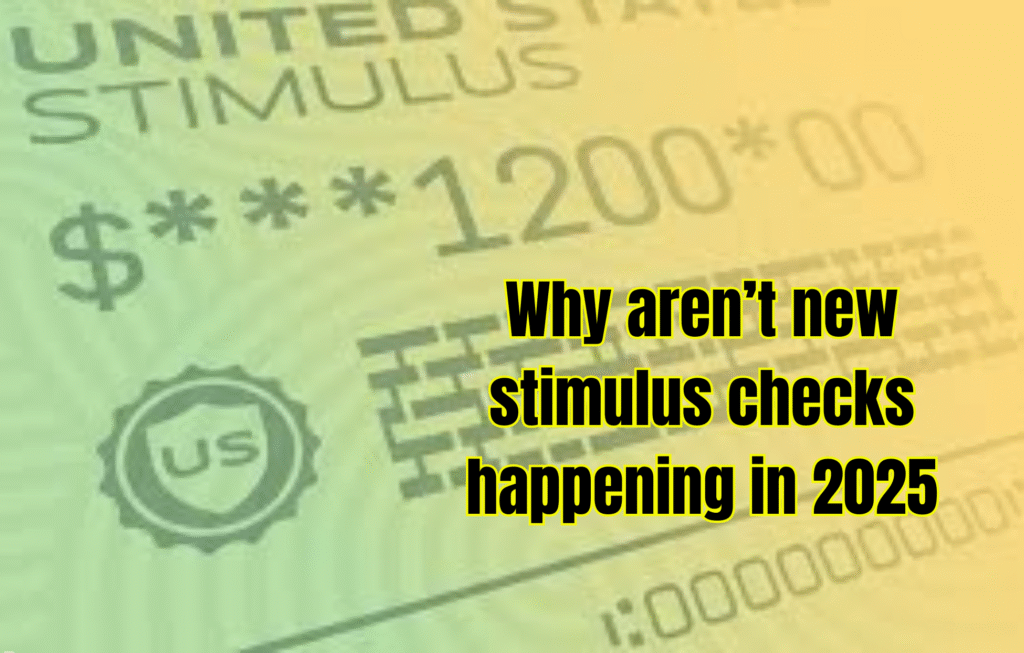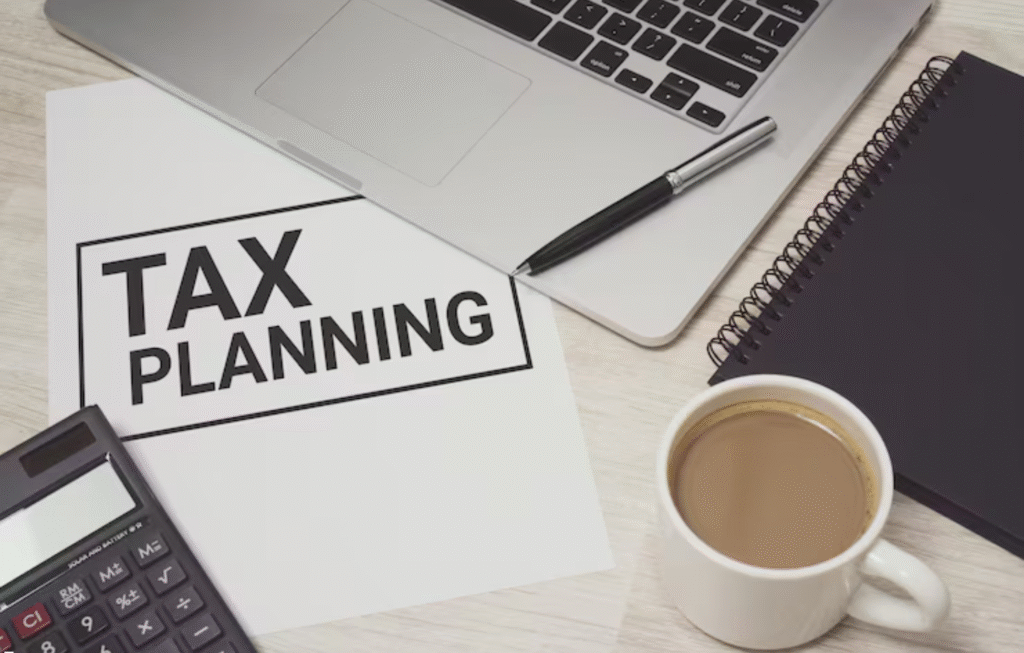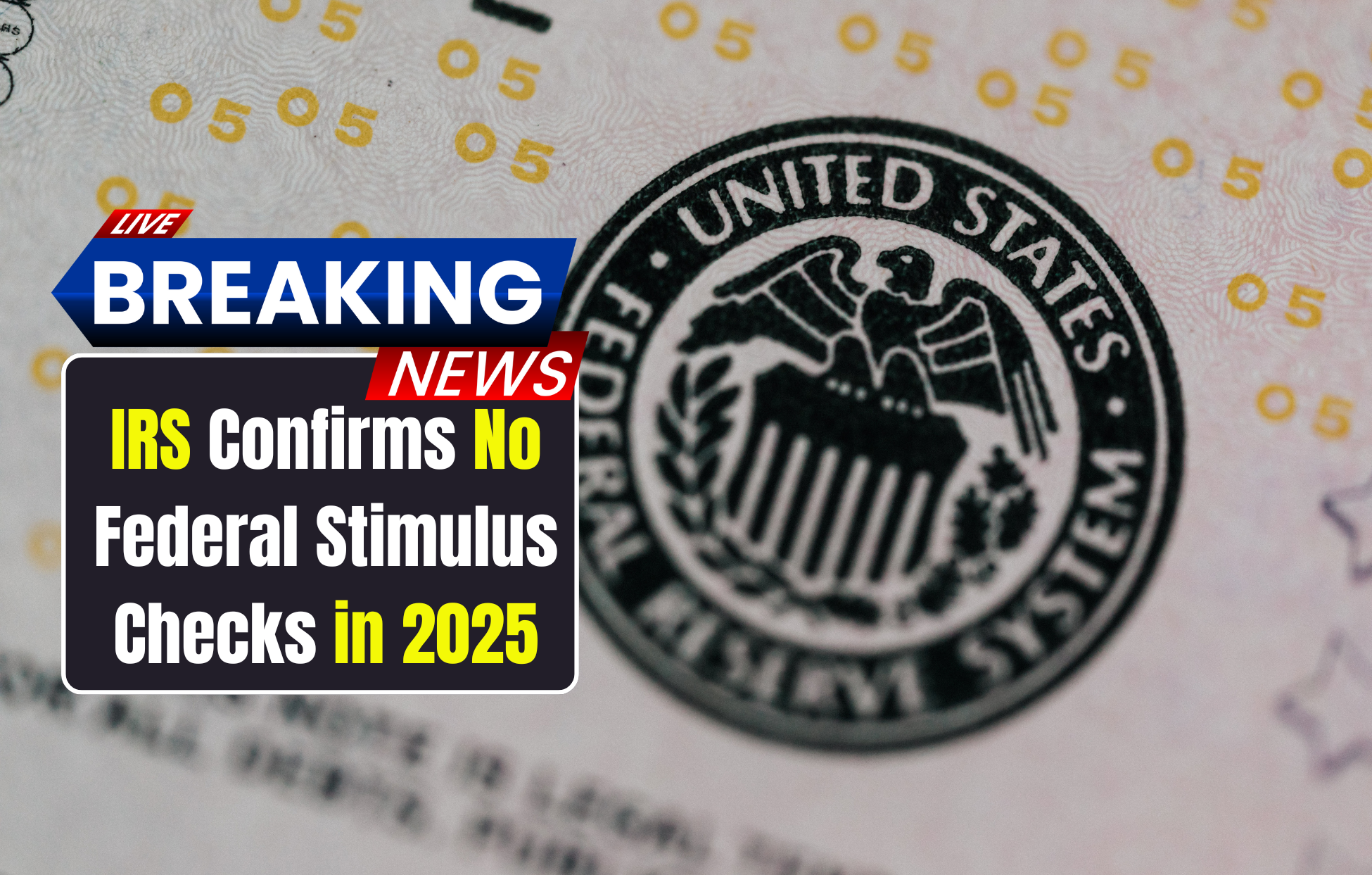1. What the headline refers to
In short: despite widespread rumours and social-media posts in 2025 suggesting that the IRS is about to issue a new round of federal stimulus (or “economic impact”) checks for U.S. taxpayers, the IRS has made clear that no such payments have been authorized.
Here are the key facts:
- Past federal stimulus/impact payments—e.g., during the COVID-19 pandemic (2020-21) and earlier—were authorized by specific legislation passed by Congress.
- For any new stimulus check in 2025, Congress would have to pass a law, and the Treasury/IRS would have to implement it. As of now, that has not happened.
- The IRS has publicly stated that rumors of a $1,390 payment (or $2,000 payment) this summer or in September 2025 are false.
- Some of the confusion arises from other programs (for example, the 2021 “Recovery Rebate Credit” for missed payments) which ended or had deadlines, but those are not new stimulus checks.
Thus, the headline is accurate: there are no new federal stimulus checks approved for 2025 at this time.
2. What’s the background: how did we get here?
A. Past stimulus payments
The United States has previously issued stimulus or “economic impact” payments in response to major events. For example:
- During the COVID-19 pandemic, multiple rounds of direct payments went to eligible individuals and families (2020-21).
- These payments were authorized by laws like the CARES Act and the American Rescue Plan Act of 2021.
- These programs had eligibility rules, income thresholds, and were time-limited.
Because Americans remember these payments, when cost-of-living pressures rise (inflation, housing, utility costs) there’s frequent speculation that “another stimulus check” is coming.
B. Rumours and viral claims in 2025

In 2025, several rumours and viral posts circulated:
- Claims that the IRS would issue a check of $1,390, or sometimes $2,000, to low- and middle-income taxpayers.
- Claims that these checks would be automatic, direct-deposit, similar to earlier COVID era payments.
- Some linking the notion to proposals like the American Worker Rebate Act introduced by Senator Josh Hawley — which would provide rebates funded by tariff revenues. However, this bill has not advanced into law.
- Fake announcements, fake screenshots, social media posts claiming “$1,390 check incoming,” “DOGE dividend” etc.
C. The IRS response
The IRS and other fact-checking organisations responded:
- The IRS has clarified that no new payments are scheduled because no legislation has been passed authorising them.
- They reminded taxpayers that the only remaining relief of similar nature relates to the 2021 stimulus checks via the “Recovery Rebate Credit,” with deadlines that have passed.
- They issued scams warnings: these rumours are being used by fraudsters to trick people into giving personal or banking information.
3. What does this mean for taxpayers in 2025
A. What you will not get
- You will not receive a new automatic “stimulus check” from the federal government in 2025 unless Congress enacts new legislation.
- You will not receive the purported $1,390 payment or $2,000 check by default simply because rumours say so.
- The main federal direct-payment relief of this type is in the past (2020-21).
B. What you can still do
- If you missed the earlier stimulus payments (for example, from 2021) and were eligible, you may have claimed them via the Recovery Rebate Credit by filing your 2021 tax return. However, deadlines for those claims have already passed.
- You can monitor official IRS announcements (via IRS.gov), and rely on verified sources rather than social media or unverified websites.
- You can check your own tax filing status, whether you claimed earlier stimulus or credit, using your online IRS account.
C. Why this matters
- Many households continue to face financial strain (inflation, higher rents/interest rates, healthcare costs). The hope for relief often fuels the rumours of new stimulus checks.
- Understanding that no new check is coming helps avoid false expectations and helps you plan realistically.
- Recognising scams: when people believe a new check is imminent, they can become more vulnerable to fraud (phishing, “apply for your $1,390 payment now” websites).
4. Why aren’t new stimulus checks happening in 2025

A. No legislation
The strongest reason: the federal government cannot simply decide to issue a new round of payments via the IRS without congressional approval. Historically, stimulus payments were tied to legislation in extraordinary times (economic crisis, pandemic). In 2025, no new law authorising direct payments has been passed.
B. Changing policy environment
- Congress may be focused on other forms of relief (tax credits, spending bills, infrastructure) rather than broad direct payment checks.
- There is political debate over whether universal or near-universal checks (as in the pandemic) are appropriate, or whether targeted relief or tax benefits are better.
- The cost and fiscal impact of a broad stimulus payment are substantial. Without a declared emergency (pandemic or major recession), the political will may be lacking.
C. Deadline and closure of previous programs
- For example, the 2021 stimulus/impact payments are closed off. The “Recovery Rebate Credit” allowed some taxpayers to claim missed payments from 2021, but the deadline passed (April 15, 2025) for many eligibility cases.
- Once those programs expire, the mechanism for automatic payments essentially closes unless new legislation opens a new one.
6. Implications and advice for you
For taxpayers
- Adjust your expectations: don’t count on a surprise federal payment when planning your budget.
- If you’re financially stressed, explore other relief options: tax credits, state-level programs, local assistance.
- Keep aware of IRS announcements. If a new program is approved, it will come via formal channels, not viral social-posts.
- Be vigilant against scams — particularly those pretending to be IRS stimulus payments.
For tax planning

- File your tax returns in time (because missing deadlines can close off available credits).
- Review your eligibility for other federal or state tax credits (earned income tax credit, child tax credit, etc.).
- Keep your tax-filing records and correspondence safe and current, especially if you previously inherited stimulus checks or credits you weren’t aware of.
For staying informed
- Use IRS.gov (Official site) as your first source for updates.
- Fact-check rumours by checking credible news outlets, government press releases.
- Recognize that if a payment is coming, there will be legislation, budget allocations, and public notice.
7. Summary
- As of 2025, no new federal stimulus checks have been approved for U.S. taxpayers by the IRS.
- The most common rumours (e.g., $1,390 or $2,000 checks) are not backed by legislation.
- The IRS has explicitly denied these claims and warns of scams.
- Past stimulus efforts (pandemic era) are closed; claims relating to them may still resonate but are not new payments.
- You should rely only on official announcements from the IRS and Treasury, avoid viral claims, and remain alert to alternative relief options (like state programs).
FAQs
Is the IRS sending out new federal stimulus checks in 2025?
No. The IRS confirmed that no new stimulus checks have been approved or scheduled for 2025. Any claims saying otherwise are false.
What is the $1,390 or $2,000 payment I keep hearing about?
It’s a rumour. There’s no legislation authorizing such payments. These amounts are being circulated in misleading or fake social media posts and scam sites.
Could Congress approve a new check later in 2025?
Yes, but only if Congress passes new legislation. As of now, no such bill has been approved or signed into law.
